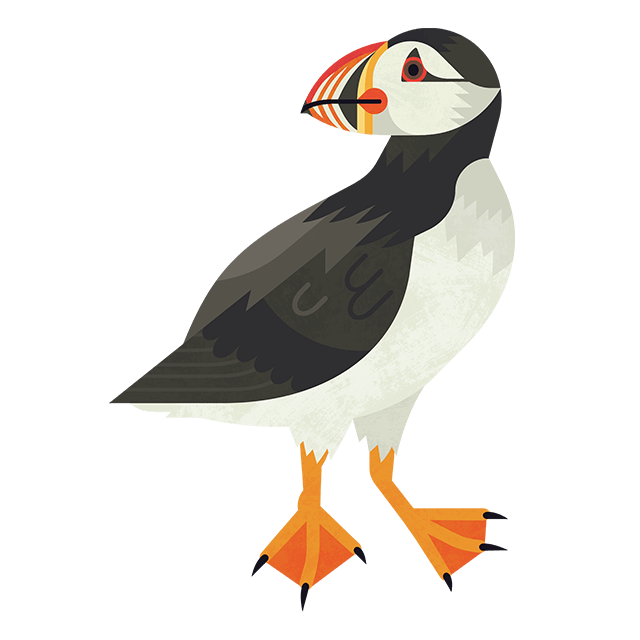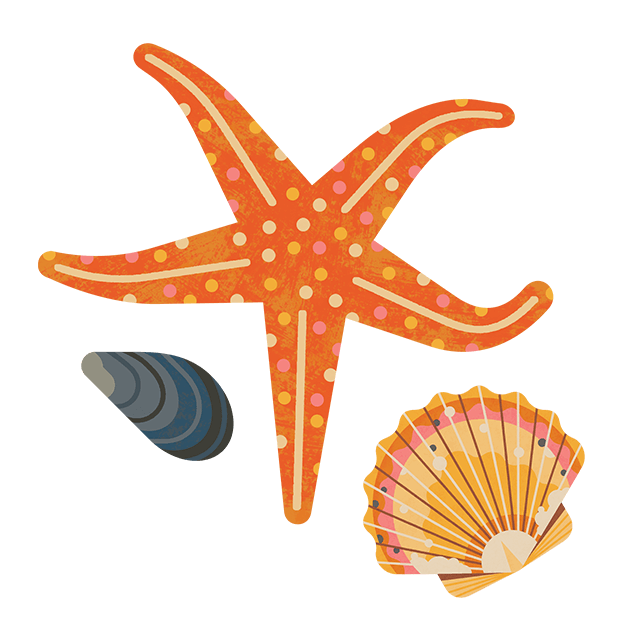
Plastic pollution: The importance of cleaning up rivers
3 minute read
Cleaning up our UK rivers from litter is just as important as cleaning our beautiful beaches and is more accessible for the majority of the population to get involved. In fact, 80% of litter found on our beaches makes its way there from land sources.
Why focus on cleaning up rivers?
The UK may be an island nation but approximately two thirds of the population live over 5kms from the coastline. This means many people find it difficult to take part in our beach cleans due to distance or time restraints. But the coast is simply the final location for some of the litter after it has ended up in our important seas. The litter we see on our coast is highly likely to be litter that has already been in the sea and has gotten washed up onto the shoreline. Litter tends to end up at our coasts and ocean after getting blown into our rivers and other waterways which then get dragged downstream. If we strive to clean up our rivers, we can ultimately reduce how much litter is found on our beaches too!
A good example to consider is the River Thames. In 2020, Thames21 recorded removing approximately 200 tonnes of plastic waste from the Thames each year. As it flows through London, it is easy to forget how much litter can fall into this natural landmark. Whether from purposeful littering or from being blown by the wind, the Thames brings items such as food wrappers, drink bottles and cigarette butts into the North Sea via the Thames Estuary if they are not removed beforehand. If this famous river is bringing large amounts of litter including single-use plastics to the sea then it is evident that rivers and waterways with much less coordinated volunteer clean-up efforts are also washing all kinds of nasty pollutants into our oceans.
As a nation that holds over 200,000km of waterways and a marine tourism industry that has potential for further growth depending on the state of our coastal waters, it is ever more important for us to get involved and protect our proud isles from litter pollution.
How to get involved with cleaning rivers
The amazing thing about river cleanups is that almost anyone can do it, anywhere, any time and however long they like since a majority of villages, towns and cities are built around some form of waterway. Therefore it is fairly easy to get involved with cleaning your local river without stepping too far from your house.
If you are organising a river clean there are several things to consider:
- Choose a date, time and location – Knowing when and where you want to go will solidify the activity in your personal schedule. It can also help make a group clean with friends much easier to organise as it can be set in everyone's diaries.
- Have the right equipment to help clean up the area – Gloves, hand sanitizer, a litter picker and trash bags are key. Make sure that you have enough of each for everyone who joins. Also consider where you plan to take all the litter that you collect. We suggest either taking litter back home or, if you believe there will be a lot, to liaise with your local council to arrange the uplift of litter at the end. Check out our most widely used recycling symbols article to help with what can be recycled.
- Assess your overall risk – River cleaning can have risks involved. We have created some important Source to Sea resources to help you complete your River Risk Assessment so that you can get stuck in almost right away whether you are cleaning as an individual or as a group.
- Record your findings – We encourage you to record what you find while cleaning up your local river paths through our Source to Sea Litter Quest project. By doing so, you can actively see the difference you are making to your environment and may be surprised as to what the majority of the litter you find is. What's more, data you collect can also help us campaign for change to protect our ocean. Find out all you need to know about our Source to Sea Litter Quest and let us know what you find by filling in our survey data form.
- Reward yourself for your clean up actions – Thinking about how you can celebrate after your hard work will help motivate you to follow through and do it. If you are doing it as a group, why not visit a local pub, café or restaurant to celebrate together? Alternatively, enjoy a heart-warming tea at home by yourself, knowing that you've made a difference. After all, you deserve it!
Are rivers & beaches the only areas that needs cleaning?
We encourage people to clean up their local rivers and beaches for the health of our oceans as they are beautiful locations to spend a few hours around. But they are not the only locations that volunteers can help clean. Cleaning almost any area is beneficial to our oceans; streets, school fields and local parks are all great locations that are worth cleaning up litter in and recording data about them too. Just remember to assess the overall risk by using our Street Clean Risk Assessment resource. The Source to Sea Litter Quest is something you can do anywhere, at any time. The litter data you share helps us to track ocean pollution back to source, helping to inform our campaigns.
Why not choose a location yourself and discover what you find littered around? Your actions will help ensure a healthier ocean and help us to campaign for change to protect our ocean through data-based research.
Equally, you can sign up to become a volunteer for us and get involved in other ocean-saving activities.



